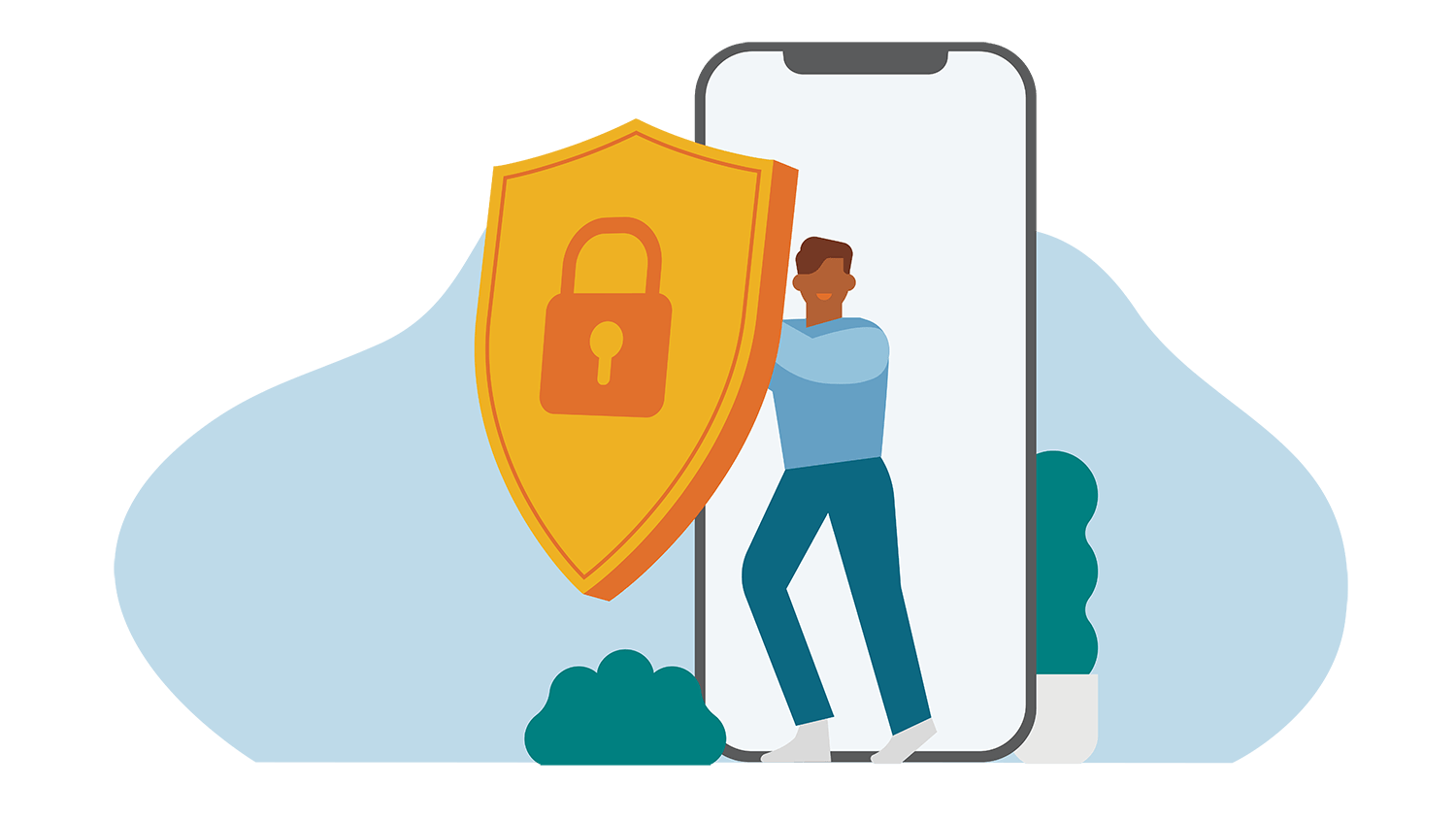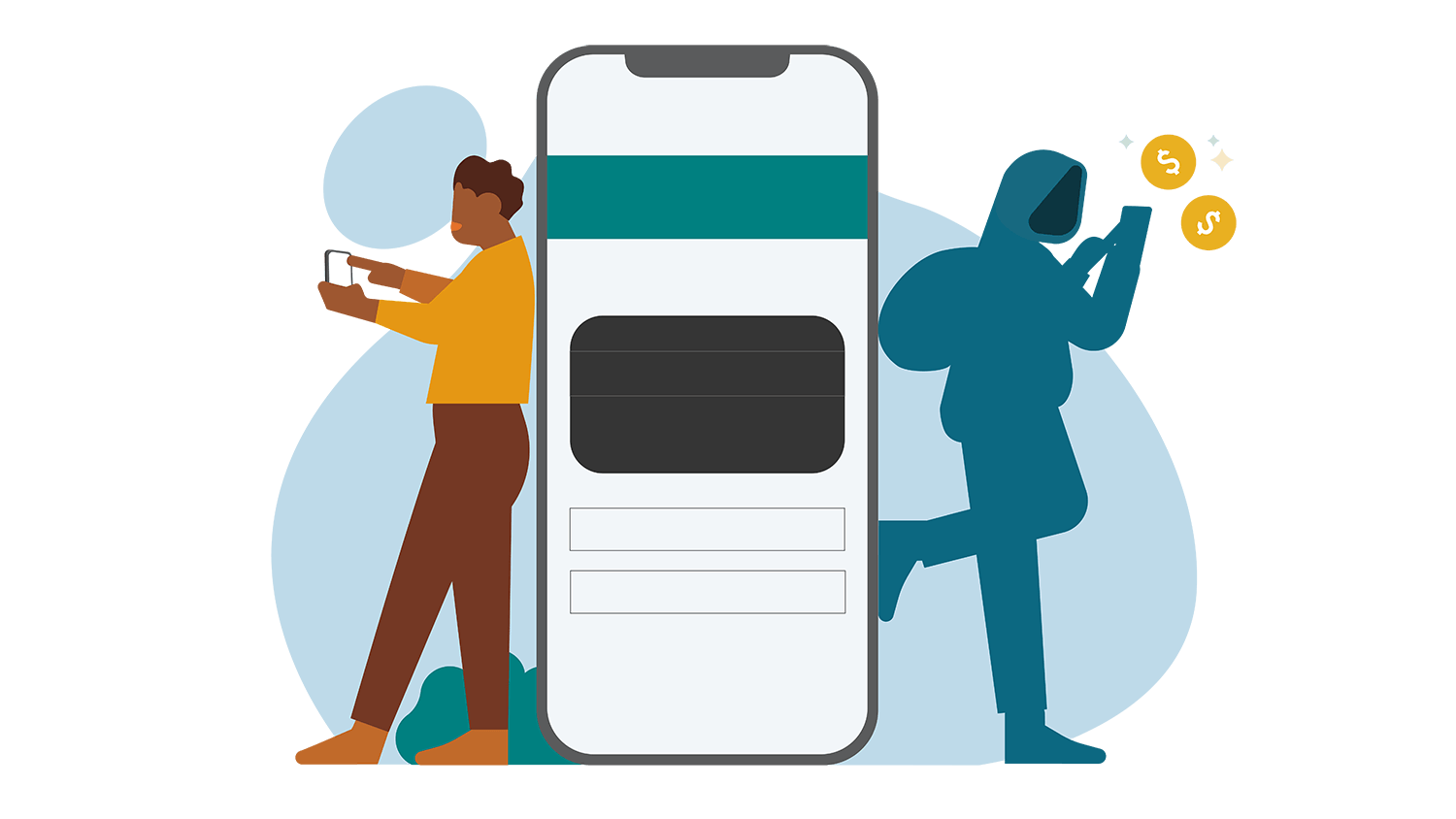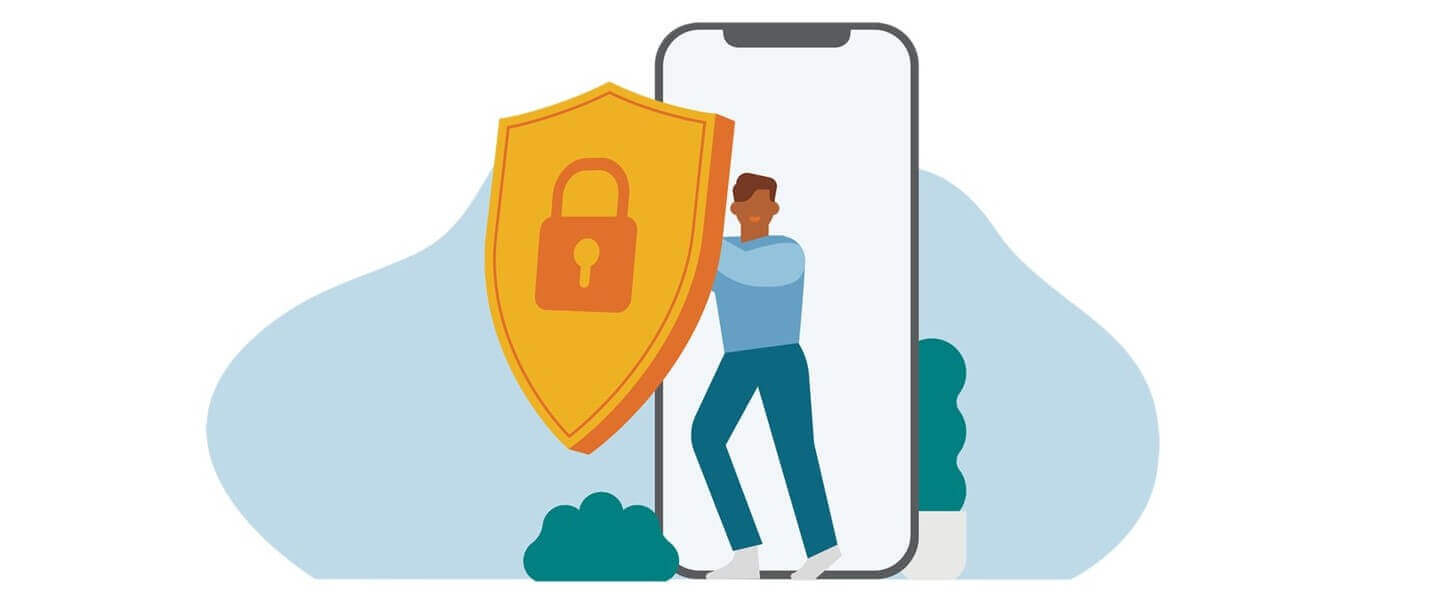From the Desk of Mark Rhodes-Ousley, Fremont Bank’s Chief Information Security Officer
There's no doubt that banking online, making and receiving payments via apps, and managing your money anywhere are all convenient options. Unfortunately, scammers have figured out how to take advantage of these conveniences. They can gain access to private information, pretend to be someone you know or an official representative, or request money or payment.
Here are a few tips to keep your accounts, information and hard-earned money as safe as possible.
1. Protect more than your password.

You know not to share your password with anyone and may already use a password tool to generate and save strong passwords. It's critical to guard your private, personal and account information.
This means not sharing account information, including temporary access codes, PINs, usernames or answers to security questions, even with somebody claiming to be from your bank. It's safest to not send that information to anyone, even a trusted person, via text or email, so the data can't be intercepted.
Having access to any of these pieces of information could give scammers just the information they need to send money in your name.
2. Watch for scammers pretending to be from a trusted organization.

You may get a call or text from a business or organization you know, like your bank, the IRS, a utility company or even a charity. But it just might be a scammer using technology to change the phone number that appears in your caller ID or in a text message. Recently, our clients have been receiving text messages that say, “We are blocking your card due to unusual activity. Click this link to contact us.”
Many people set up alerts to check the validity of transactions over specific amounts or from out of the country. Whenever you are asked about your banking information on a call or text you didn't expect, or anytime you are suspicious for any reason, hang up or don’t reply.
Most financial institutions have secure channels of communication, and Fremont Bank is no exception. You can send and receive information securely through our mobile app and our website. You can also call the phone number on the back of your credit or debit card to find out more about how you can securely communicate with us.
3. Watch for unexpected payment requests.

Be wary if you get a text, email or call asking for payment in a specific form. Payment scams related to getting a refund or correcting a problem can start with a request for the initial payment or a deposit. Scammers also may send a fake check or other unexpected “deposit” and ask you to send them some money in return. By the time the check bounces, the money you sent them is gone.
Scammers may try to encourage you to use a third-party payment app, requesting payment via Cash App or Venmo. They could pressure you to purchase and send the numbers on gift cards. They may tell you to use cryptocurrency, online wire transfers or online payment services linked to your bank account, like Zelle®.
Suppose you've recently experienced a problem with a product or service. In that case, it's good to remember that no legitimate business or organization would ask you to pay first to fix a problem.
At Fremont Bank, your account security and the privacy of your personal information are of the utmost importance. If you ever have questions or concerns about the integrity of your accounts or aren't sure if a call is truly from us, reach out via the number on your debit or credit card, call us at (800) 359-2265 or stop at your local branch. We're always happy to help.




.jpg?width=1456&height=592&ext=.jpg&maxsidesize=1500&resizemode=force)


